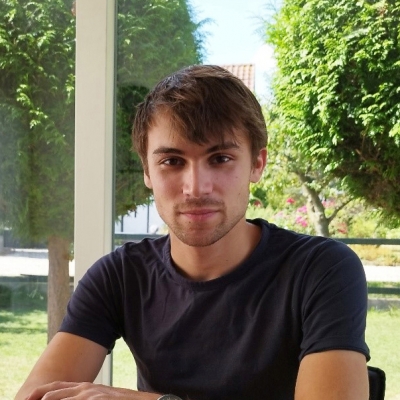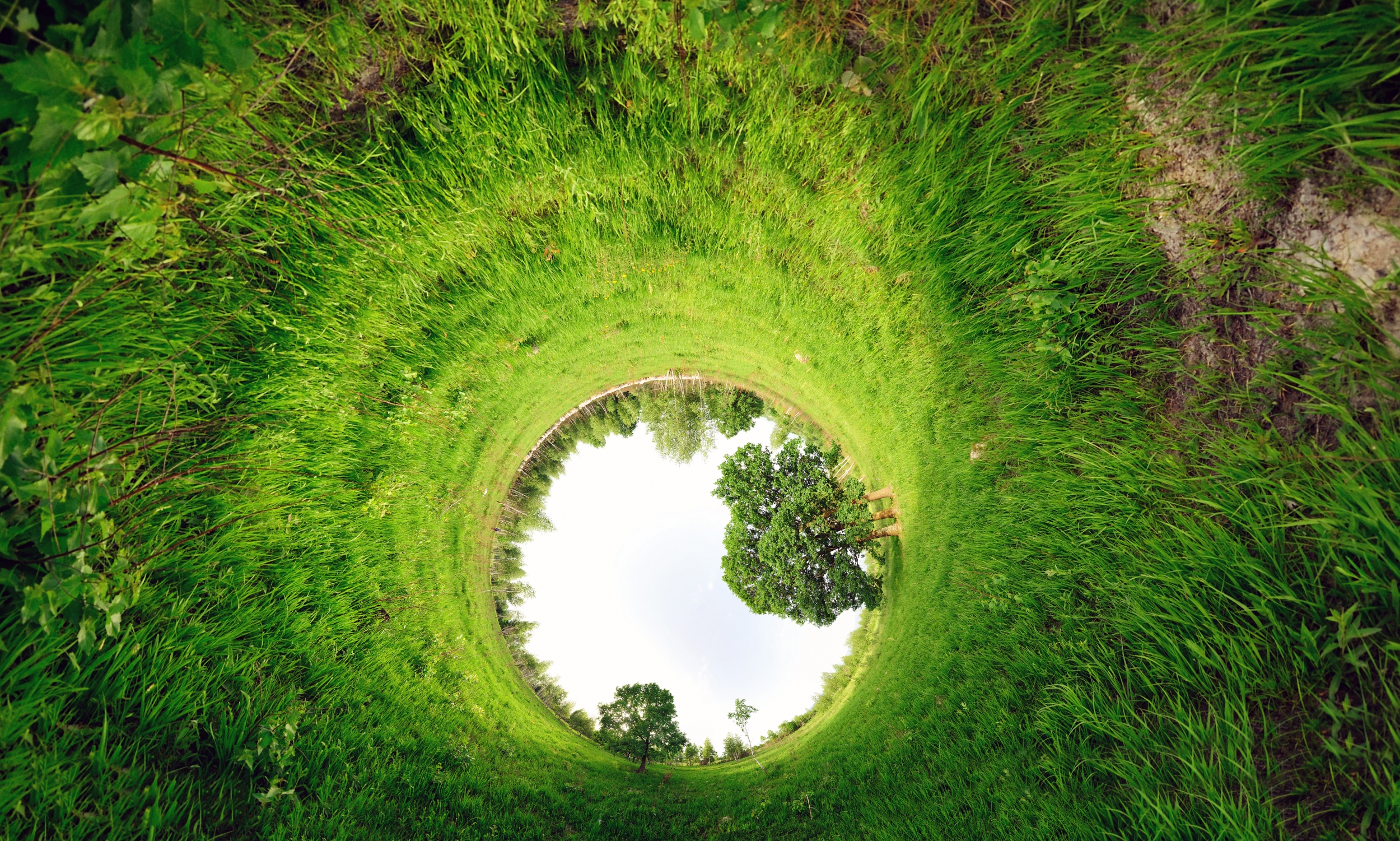

Home > Knowledge center > Circular Surfactants

Specialist:
Jorrit van der Velde
Date:
September 2023
Tags:
sustainablecircularinnovationsurfactantslife cycle assessmentsrecycle
The Sirius Effect:
Good, better, best. No matter how good bio-based products are, it is often even more sustainable to choose for circular products that are produced from waste and residues. That is why Sirius International is developing various circular surfactants to improve sustainability.
"Wash with waste – new ideas from second-hand sources"

Circular economy
There is no such thing as waste in a circular economy. Raw materials are recycled as much as possible, so that waste streams become new raw materials. In the case of surfactants, it is difficult to comply with this ideal picture, as most surfactants disappear into the sewer after use, making reuse very difficult. The best feasible option is the production of 100% bio-based and biodegradable surfactants from recycled raw materials.
Recycled raw materials
The production of Sirius International's surfactants from 100% vegetable and mineral sources is well-established. For the production of the Ethoxybrite surfactants, such as SLES and EFA, the hydrophilic head is made from non-edible molasses and residues from the sugar cane harvest. Through this way, direct competition with local food production is minimized. It is less well known that for several years Sirius has also been developing new surfactants based on recycled raw materials.
Currently, the hydrophobic fat tail of these surfactants is made from vegetable oil, such as certified sustainable palm kernel oil. Sirius International, however, is working hard to develop alternative surfactants in which the hydrophobic fat tail is made from recycled vegetable oil. The advantage is that agricultural land is spared in tropical areas where palm and coconut oil originate. Deforestation is prevented and more agricultural land remains for the local population to utilize for the production of food.
Recycled vegetable oil can come from discarded cooking oil and frying fat, but also from the cosmetics industry. The main challenge here is to purify the waste oil sufficiently to allow the production of a high-quality surfactant. This appears to be improving steadily, and more knowledge about the required procedures is obtained.
Local production
“When it comes to sustainability, it is important to look beyond just plant-based and to look at more aspects than only CO2,” emphasizes Jorrit van der Velde, R&D chemist at Sirius International. That is why he and his colleagues look further than just the use of plant sources. Life Cycle Assessments of surfactants are performed to see how sustainable they really are. Sirius, for example, also explicitly uses RSPO-certified palm kernel oil, because a vegetable source is only as sustainable as the way in which it is grown. However, it can be done even better: “When choosing for recycling, you not only save agricultural land, but you also reduce the usage of fertilizers and pesticides, and you prevent the transport of new raw materials across the globe. We therefore consciously choose for local availability. The waste streams come from Europe and the production of the circular surfactants takes place in the Benelux.”
Sustainable upscaling
During the development of surfactants based on waste streams, various bottlenecks emerged. Certain production steps turned out to be more challenging to perform with waste streams than with new raw materials. This is, for example, due to the sensitivity of certain catalysts towards specific contaminants, which might ruin the process even in very small quantities. By dealing with this in a smart way, surfactants have been chosen which are not only suitable for production from plant based waste streams, but also require less energy to produce. In addition to transport, land use, artificial fertilizers and pesticides, this also reduces energy consumption. Sirius also adheres to the core values of quality and safety. All new surfactants are readily biodegradable and are extensively tested in collaboration with our partners.
More is possible than you think
Jorrit van der Velde concludes: “What this project mainly demonstrates is that there are more possibilities than many people often think. The utilization of recycled raw materials reveals many opportunities to improve our sustainability. Do you have a particular idea as well? Ask us and we'll look into it!"
© Copyright Sirius International Detergents BV | Sirius International Water Treatment BV
Other blogs
Blog
Cosmetics
Blog
Briteframe AQn
Blog
Platform for innovative raw materials
Blog
BritePro non-GMO probiotics
Blog
100% bio Phenols
Blog
Water treatment
Blog
EU green deal
Blog
Choose sustainable palm kernel oil!
Blog
Life Cycle Assessment
Blog
Strong surfactants
Blog
100% bio Mild surfactants
Blog
100% bio Ethoxybrite PEG
Design: Inzpire Design & Communicatie | Development: Haagen Web & App